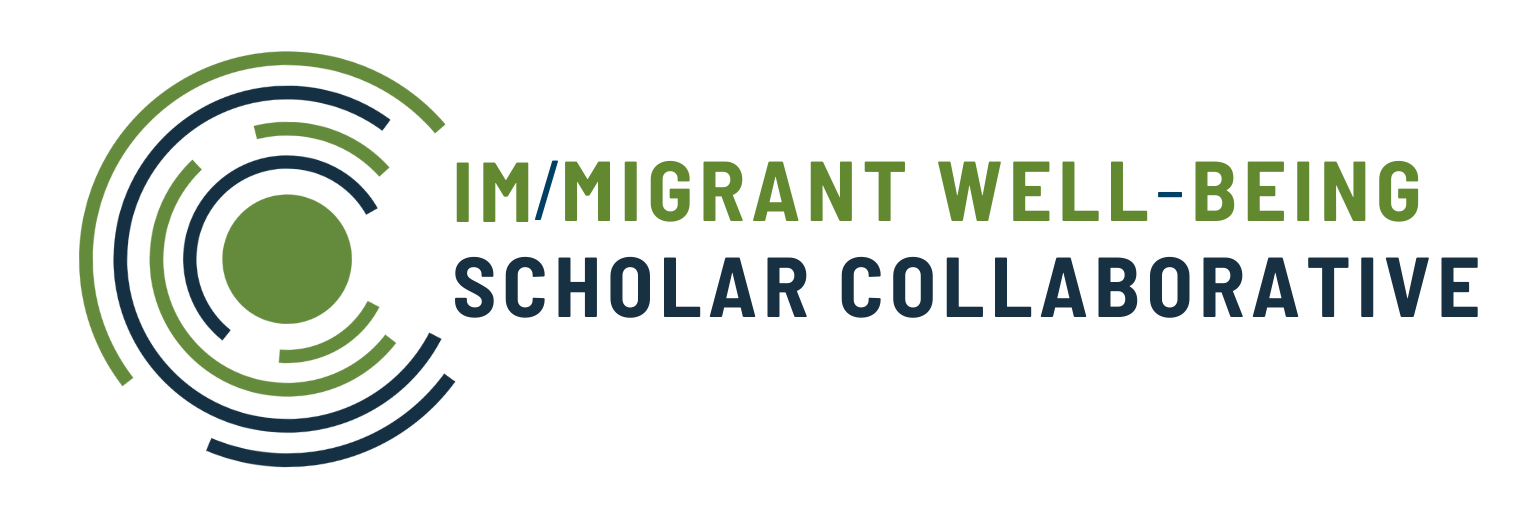INTRODUCTION
The COVID-19 pandemic has laid bare entrenched health inequalities in the U.S. health care system faced by immigrant communities. Immigrant young adults who have Deferred Action for Childhood Arrivals (DACA)—a temporary legal status that enables them to work legally and protects them from deportation—are well suited to address these inequalities due to their large presence in service positions, tailored professional skill sets, and cultural knowledge. Yet, DACA recipients’ potential in health-related careers is limited by unique barriers related to their temporary status, institutional policies related to training, and professional licensure restrictions in fields like medicine, nursing, and social work.
Scholars from the University of Maryland, College Park, studied the employment trajectories of DACA recipients representing 13 countries of origin as they transitioned into their professional careers. The research team conducted in-depth interviews with 30 DACA recipients living in the Washington, D.C. Metropolitan region over the course of five years. Their findings are published in a series of peer-reviewed articles: “‘I’m in a Good Position to Advocate Now’: Deferred Action for Childhood Arrivals Recipients’ Deployment of Navigational Capital and Brokerage in the D.C. Metropolitan Region” and “DACA Recipient Health Care Workers’ Barriers to Professionalization and Deployment of Navigational Capital in Pursuit of Health Equity for Immigrants.” Findings demonstrate that DACA recipients are skillful in strategically accessing educational, health care, housing, and employment sectors and brokering access to services for immigrant family and community members. However, they simultaneously encounter formidable barriers in pursuing health-related careers, limiting their potential contributions in diversifying the health care workforce and actualizing health equity.
BACKGROUND
DACA was created by Executive Order in 2012 to address the situation of millions of immigrant young adults who migrated in early childhood but came of age undocumented in the United States. DACA is a temporary status (lacking a pathway to citizenship) that has provided work authorization and deferral of deportation to more than 825,000 individuals. DACA has improved recipients’ access to higher education and allowed them to secure better-paying jobs that align more with their professional goals. Some 343,000 DACA recipients have served in essential jobs on the frontlines of the coronavirus pandemic in health care, education, and food services.
However, DACA recipients’ status and ability to work became endangered when the Trump Administration announced the rescission of the program in September 2017, triggering multiple lawsuits in the aftermath. A series of U.S. District Court and Fifth Circuit Court of Appeals rulings in 2021, 2022, and 2023 declared the program to be unlawful, leaving the program in legal peril. If the case goes to the U.S. Supreme Court, the conservative-leaning court would likely not uphold DACA. These legal proceedings have left the ultimate fate of the DACA program uncertain and its recipients in limbo, producing feelings of sadness, grief, and anxiety and impacting recipients’ educational attainment, labor force participation, and feelings of belonging. However, the potential end to DACA also presents a potential crisis for immigrant communities and for a health care system already challenged by labor shortages exacerbated by the pandemic.
KEY FINDINGS
- DACA recipients have built substantial knowledge about immigrants’ access to resources in the Washington, D.C. Metropolitan region.
- Access to resources varies depending on how “immigrant friendly” state, county, and city policies are in different local jurisdictions.
- DACA recipients have leveraged their knowledge and skills to access educational, health care, housing, and employment sectors.
- DACA recipients broker access to services for family and community members by building on social networks, sharing experiential knowledge, and devising innovative outreach strategies.
- DACA recipients’ critical knowledge and tailored skill sets make them ideal practitioners to serve immigrant populations in ameliorating widespread health inequalities.
- DACA recipients encounter formidable barriers in pursuing health-related careers, including interruptions in training and employment, restrictions in program completion and licensure, and concerns about future employment given their uncertain status.
RECOMMENDATIONS
Health professions, like medicine, nursing, and social work, need to continue to open up training opportunities for DACA recipients to diversify the health care workforce and ameliorate health inequities.
Findings reveal the urgent need for reform at multiple levels to promote DACA recipients’ inclusion and continued effectiveness in the health care workforce.
Congress must take immediate action to pass a more permanent legislative solution for DACA recipients, as well as for the millions of other immigrants who were not eligible for DACA.
In the absence of federal reform, states need to pass policies to reduce barriers faced by DACA recipients in accessing professional licenses and enshrine their critical contributions to the health care system and in promoting community well-being, not only for local immigrant communities, but also for the general public.

